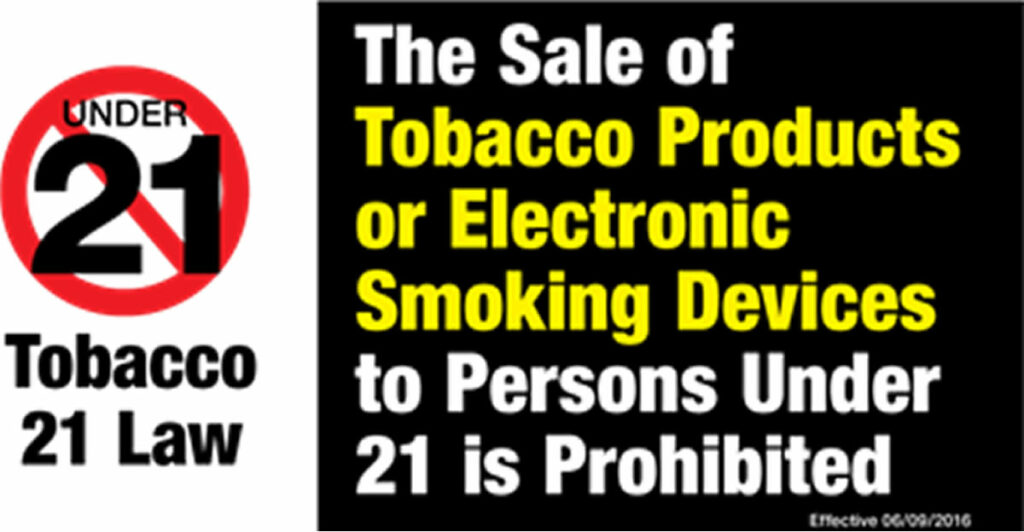The Public Health (Tobacco) (Amendment) Bill 2024 has passed through Ireland’s Seanad on November 7, completing its passage through both houses of the Oireachtas. The Bill, which aims to increase the minimum legal age for the sale of tobacco products to 21 years, now heads to President Higgins for his signature.
Once signed, the Act will take effect on February 1, 2028, allowing for a transition period to ensure that individuals currently eligible to purchase tobacco products, specifically those aged between 18 and 21, are not impacted. The Bill extends current penalties for anyone convicted of selling tobacco products to people under the age of 18 to cover convictions relating to sales to people under the age of 21. Offenders may face fines of up to €4,000 or six months’ imprisonment, or both, for a first offense.
Ireland’s Department of Health introduced the measure to accelerate the decline in adult smoking prevalence, which has remained at 18% for several years, and to reduce smoking prevalence among children to zero. Upon enactment, Ireland will become the first country in the EU to raise its age of sale to 21.
Minister for Health Stephen Donnelly thanked his colleagues for supporting the Bill and “moving us forward toward the end of combustible tobacco products in our country.” He emphasized Ireland’s long-standing role as a world leader in tackling smoking, citing measures such as the workplace smoking ban in 2004 and restrictions around the sale, advertising, and packaging of smoking products to make them less attractive and less available to young people.
Colm Burke, Minister of State with responsibility for Public Health, Wellbeing and the National Drugs Strategy, strongly supported the measure, stating that it will protect young people from starting their adult lives with an addiction to a product that causes 76% of lung cancers in Ireland and kills half of those who use it.
Professor Mary Hogan, Ireland’s Chief Medical Officer, described the enactment of this legislation as another significant step in efforts to reduce smoking levels. She highlighted the ongoing threat posed by tobacco smoking, which continues to be the biggest risk factor driving disability and death combined in the country, placing a huge burden on the health service.
In recent months, Minister Donnelly has taken additional steps to combat smoking and the use of nicotine-inhaling products. In December, he commenced a section of the Public Health (Tobacco Products and Nicotine Inhaling Products) Act to prohibit the sale of nicotine-inhaling products such as e-cigarettes to persons under 18. In May, he introduced a ban on the sale by self-service of tobacco products and nicotine-inhaling products. Furthermore, in December, he signed a law to apply an on-the-spot fine of €2,000 for the offense of selling tobacco products or nicotine-inhaling products at events aimed at children.
Meanwhile, in Northern Ireland, Health Minister Mike Nesbitt has welcomed the introduction of the Tobacco and Vapes Bill at Westminster this week. The Bill aims to introduce a progressive smoking ban to gradually end the sale of tobacco products across the UK, ensuring that anyone born on or after January 1, 2009, will never be able to legally purchase cigarettes. The inclusion of Northern Ireland in the new Bill will be subject to the agreement of the NI Executive and support of the NI Assembly.
- Myanmar Enacts Total Ban on E-Cigarettes and E-Shisha - February 25, 2026
- UK Announces Mandatory Vape Tax and Duty Stamps from 2027 - February 10, 2026
- Sri Lanka Travel 2026: Total Ban on Cigarettes & Vapes - February 5, 2026


